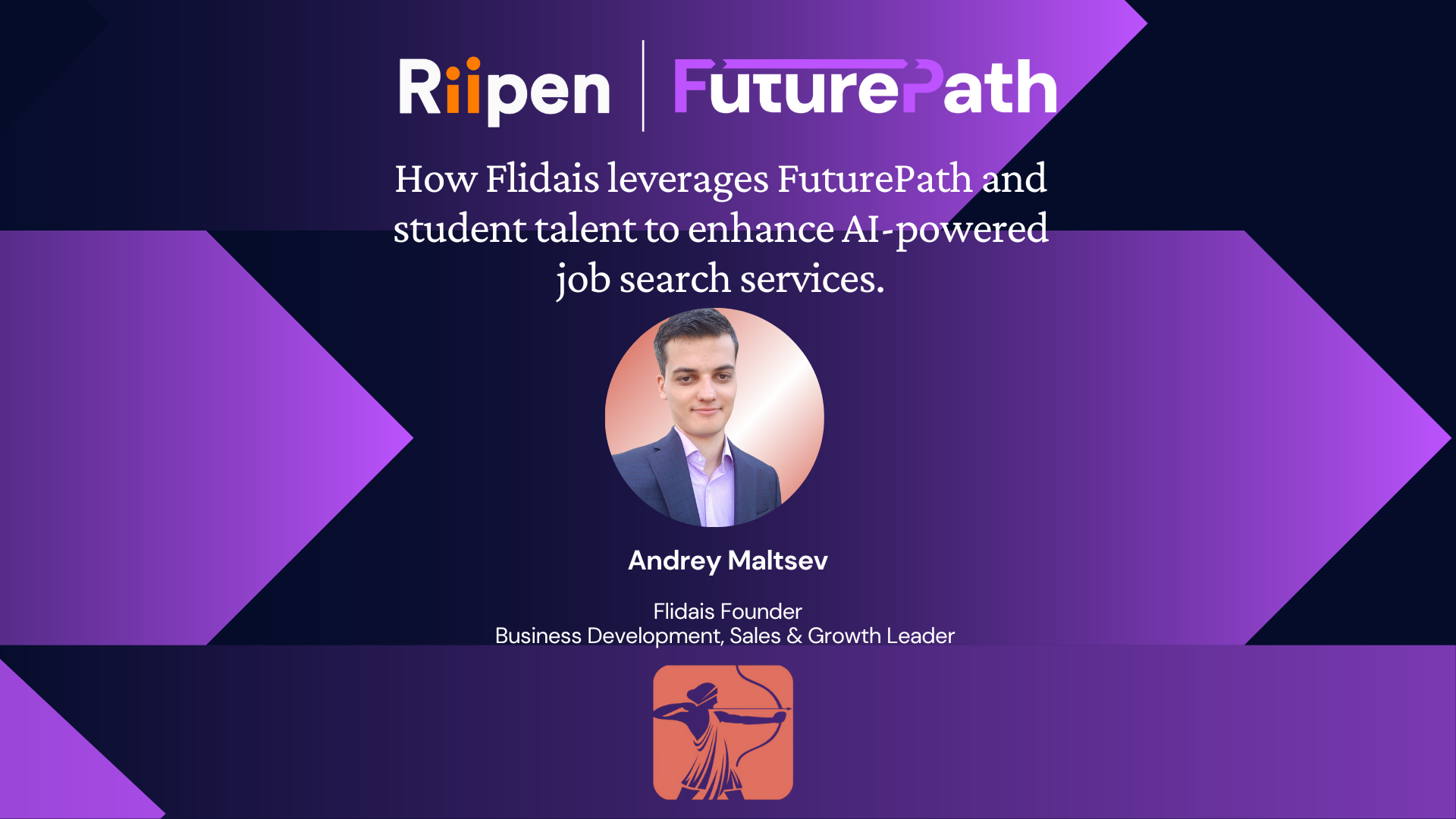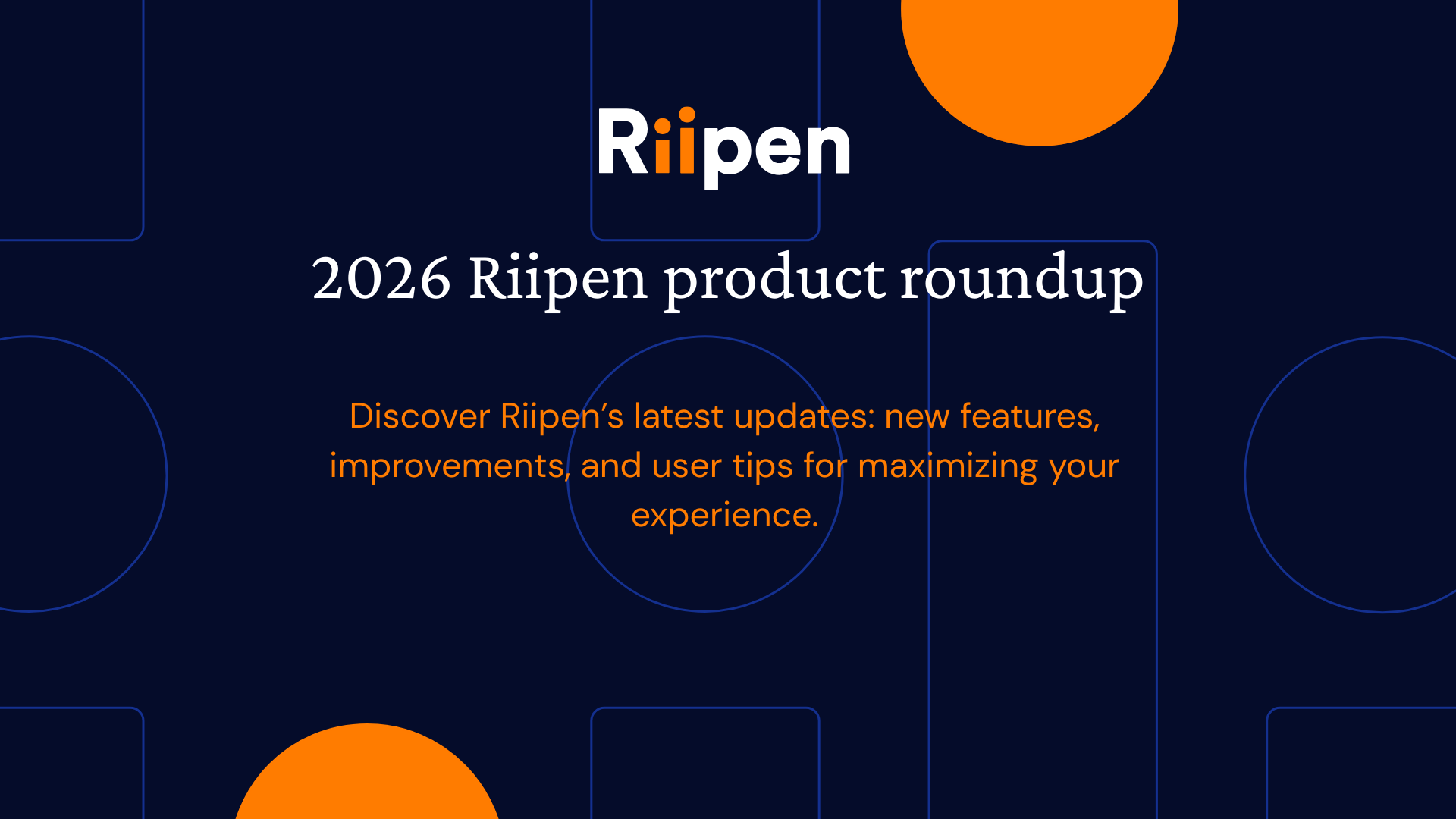Educator spotlight: Brittany Johnson, Assistant Professor, University of North Dakota.
After integrating an experiential learning platform in her class, a Physical Therapy professor shares insights and student outcomes.
.png)
Brittany Johnson tried Riipen, an experiential learning platform, in her Physical Therapy 659: Prevention, Wellness, and Health Promotion course at the University of North Dakota (enrollment 14,192). Here’s what she said about her experience.
Why is experiential learning so important?
There are things in the real world that no matter how much we do in school, we cannot replicate in a simulated environment. For example, when I talk to my students about communication challenges, they just say, “That's not fair. They didn't communicate well.” But in the real world, when they're working with a client or someone else from another company or another agency, they have to think about how they can communicate in a respectful and professional way regardless of the situation. Having that experience with real people in the real world makes a world of difference and lets them build skills they can use in the future and put on their resume.
How did you integrate experiential learning projects in your classroom?
We used Riipen to identify, vet, and select employer projects for the course. At first, we had a very narrow project scope but we increased it so there would be more employer matches. We didn’t want the student groups to be too large. In the end, we had five employer projects with 10 students working on each project.
What did your students learn?
My students gained important communication skills by working with companies. In the real world, individuals have different styles of communication and levels of effectiveness. I encouraged my students to see these situations as opportunities to practice asking for clarification and to develop their own communication strategies.
They also learned to embrace and navigate ambiguity. In the classroom, we tend to give our students clear guidelines and objectives, but real-world business scenarios can be less defined. This experience taught them how to adapt and excel amidst uncertainty, preparing them for the complexities of their future careers.
What types of employers did you work with?
I liked the variability of matching with companies from around the world. Because we are in the U.S., it was nice for my students to experience working with some companies that were based in Canada to allow them to see the differences in health care systems.
I think the students would have liked to match with more local companies to make connections for future internships or jobs. I didn’t know it at the time, but Riipen can pull local companies into the platform. So, if I were to do it again, I would focus on having more local companies.
What would you tell a colleague about Riipen?
Riipen gives students the opportunity to be exposed to companies and businesses that they might not get elsewhere.
Book a chat with our team to discover how Riipen can help you integrate experiential learning into your classrooms today.

Discover how Riipen can help you integrate experiential learning projects into your classrooms.













.png)
























